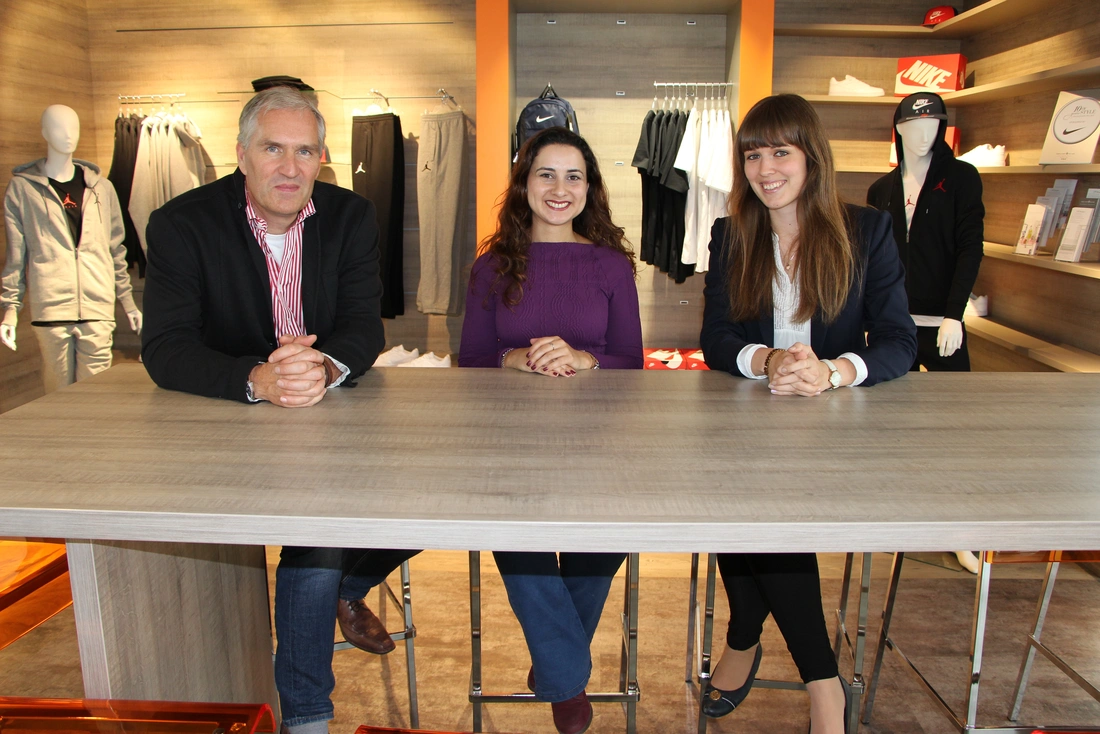Consumer behavior in Germany and Brazil became a focused research topic within AWARE. During her stay in Ingolstadt, Ludmila Barros (UFSC, Senac) analyzed the impact of the store environment on impulse buying behavior, and their differences between cultures, while Nicola Knöbl and Isabell Schuster (THI) were in Florianópolis following the question: “Would a German discounter concept be successful in Brazil and what are the main differences?”
The study of Ludmila Barros was designed to understand the relationship between cultural differences and consumer behavior, investigating the influence that store atmosphere factors exert on positive emotions and consequent consumer impulse buying behavior in conjunction with the individual culture characteristic and situational variables as moderators of this influence. To achieve the study purpose, a
descriptive study was carried out making a survey with about 200 consumers at WestPark Shopping Center in Ingolstadt, with the support of THI students. A previous survey was also carried out in Florianópolis at Iguatemi Shopping Center. The results indicate that the influence of the emotions on impulse buying behavior is greater among the collectivist consumers, characteristic for Brazil, than
among the individualistic consumers, characteristic for Germany. In order to find an answer to their research question whether a German discounter concept could be successful in Brazil, Nicola Knöbl and Isabell Schuster used qualitative impressions and additionally conducted a survey in the leading supermarkets in Florianópolis (Bistek, Hippo, HiperBom and Imperatriz) using a standardized questionnaire. In total, the data of 350 questionnaires was evaluated and has shown that a German discounter concept – with certain adjustments to Brazilian culture – can be successful, and that for Brazilian customers price and promotion, two main aspects of the discounter concept, play the most important role in buying groceries.

